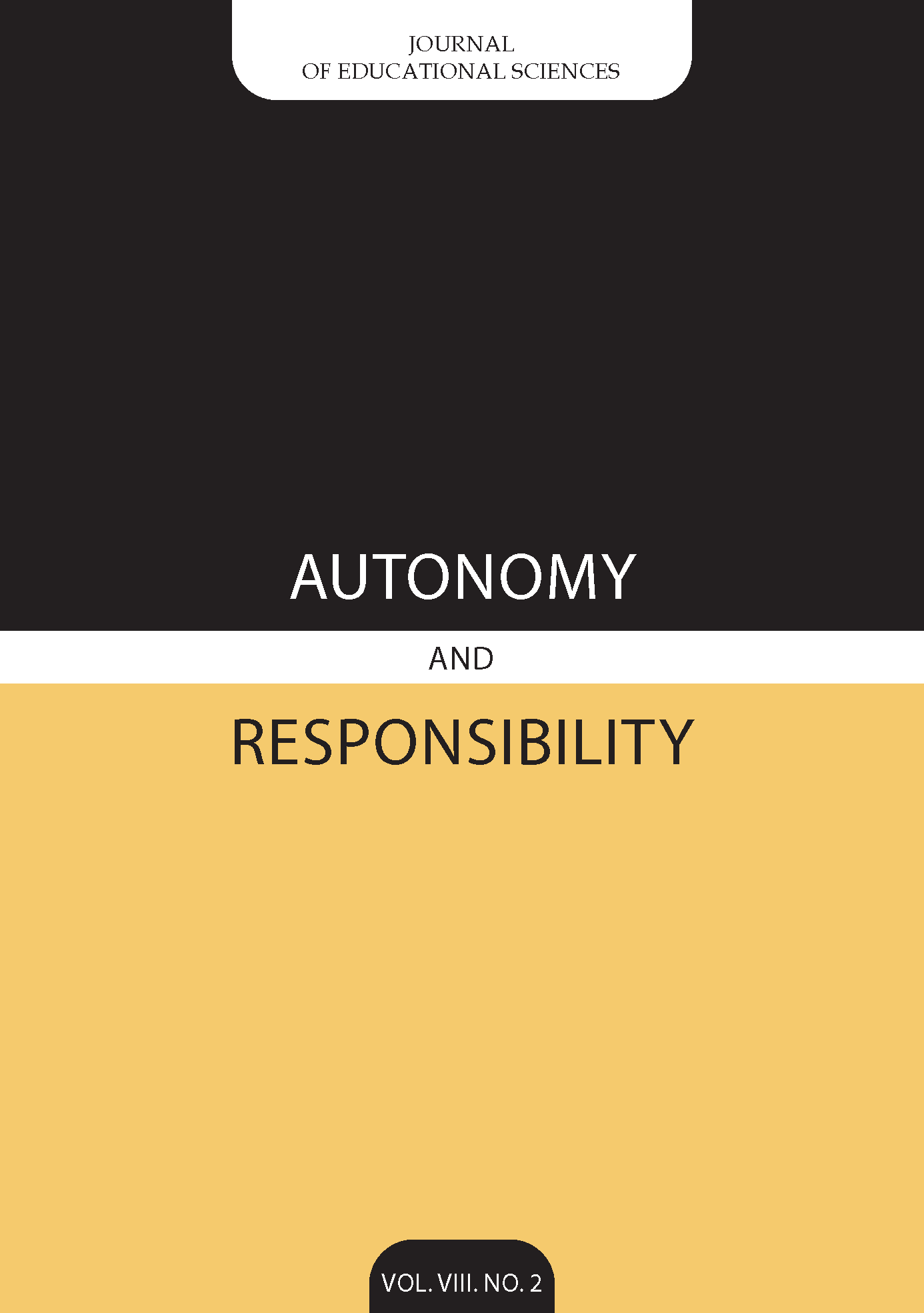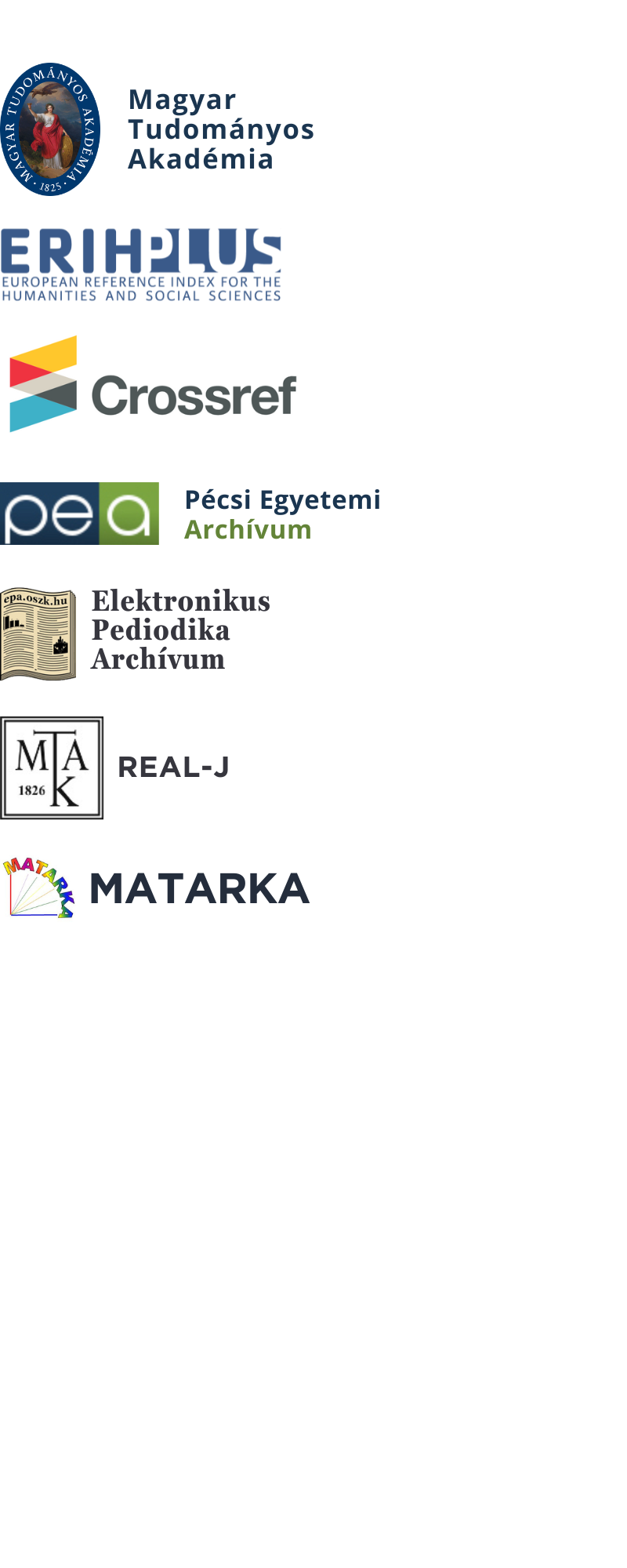Cooperative Learning and the Catholic Faith
DOI:
https://doi.org/10.15170/AR.2023.8.2.2Kulcsszavak:
Cooperative Learning, Catrholic Education, Collaboration, Catholic Social TeachingAbsztrakt
Cooperative learning is an educational methodology developed in a secular milieu, yet has strong roots in Western, Catholic, Christian beliefs and affinity with Vincentian (after St. Vincet de Paul) beliefs and expectations about our relationships with the impoverished of all kinds. Recognizing this truth can create a sense of the familiar amongst CL practitioners and their larger communities. It also places the emphasis on the moral and practical aspects of CL in perspective. What is more, culturally, we know that it “feels right” to work with diverse others respectfully and that we are all ultimately engaging in a common project. Using Cooperative Learning turns these beliefs and human intuitions into a daily reality. Cooperative learning research has shown distinct advantages in its application in secular education. These advantages can translate into the realm of Catholic education because the values and practices of cooperative learning are compatible with Catholic education.
Letöltések
Downloads
Megjelent
Hogyan kell idézni
Folyóirat szám
Rovat
License
Copyright (c) 2024 Aidan Rooney, Paul Vermette, Neil Davidson

This work is licensed under a Creative Commons Attribution-NonCommercial-NoDerivatives 4.0 International License.



